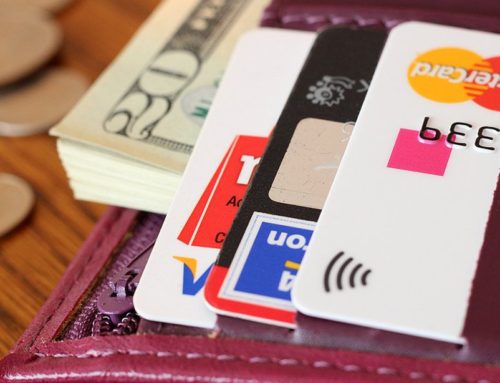Net worth is a topic that many people – especially millennials – don’t understand. We understand net carbs. We understand net followers. But we don’t understand net worth.
Let’s dive in.
Net worth is the net overall balance of your assets, liabilities, and equity, and while there is a fancy equation (explained below), I’ll let you in on a secret: your net worth is the value of your equity. Let me break this down further.
Assets
Assets are things you own. These can be cash and money-related accounts such as stocks, bonds, and retirement accounts. Assets are also tangible things such as homes, cars, and even valuable equipment which has potential resale value such as computers or collectibles.
Liabilities
Liabilities are things you owe. These are any credit card, lines of credit, or installment loans you owe on a car, home, or anything else.
Equity
Equity is the difference between what you own and what you owe on an asset. If you have a car valued at $20,000 and you still owe $8,000 on your loan, you own $12,000 of your car, which translates to $12,000 of equity.
The most previous example, mind you, is a perfect example of the accounting equation which, if you are not an accounting student or professional, you likely have never heard of and wish you hadn’t. But I will throw it out here anyway. The accounting equation is assets = liabilities + equity. Therefore, $20,000 car = $8,000 loan liability + $12,000 equity owned.
Net Worth
Now that the complex stuff is out of the way, net worth is literally just the application of this simple accounting principle into your personal life and, more simply, calculating your equity. If you have $1,000 in checking, $4,000 in savings, and $2,000 of credit cards to pay, your equity will be $3,000. By throwing it back to middle school math, we can see that:
If assets = liabilities + equity, then equity = assets – liabilities. In the example above, $1,000 checking (asset) + $4,000 savings (asset) – $2,000 credit card balance (liability) = $3,000 equity, or net worth.
The topic gets much more convoluted when you start looking at people like Jeff Bezos who has more properties, assets, and non-cash money accounts than a normal person can wrap their head around. Nonetheless, for most of us normal people, this article about sums it up.






